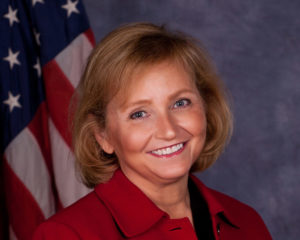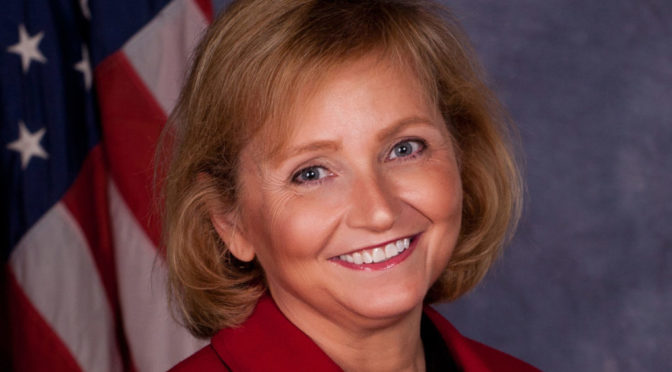
May 7, 2021
Veto Session Overrides
The first day of veto session the legislature overrode five of the Governor’s vetoes, making the bills law. The first was addressing income tax allowing the option to itemize and increasing standard deductions. We then overrode two vetoes for bills that protected elections and another override that lowers concealed carry age restriction to 18 and increases reciprocity with other states. The final override was a bill that has several options for customized license plates. There was a failed attempt in the Senate to override a veto limiting women’s sports to biological women. It failed by one vote.
Article V Convention
The U.S. Constitution Article V allows for amendments to the Constitution to originate in two ways. The first way most people are familiar with – through U.S. Congress. The second path is through 2/3 of the state legislatures passing an application for a call of a convention of states. The convention would propose amendment(s) according to the application. An Article V convention has never been called in the history of our country.
The Convention Of States (COS) is a group working to pass an application in several states on a couple of topics; fiscal restraints, limited power and jurisdiction of the federal government, and term limits for Congress. The COS convinced the Senate President to attempt to pass the COS application, SCR 1611, based on the U.S. Constitution, which based on their logic, would lower the required Senate votes to 21, not 27.
The COS attempting to pass an application at the simple majority (21) could have serious consequences (the Kansas Constitution requires a 2/3s majority). What if the Senate President was far to the left and was working to pass an application for a convention to remove the 1st or 2nd Amendment of the U.S. Constitution? Would you want that application to require simple-majority (21) or a super-majority (27) of yes votes? It is a gamble for short-term gain and long-term consequences. A gamble I am not willing to take.
Tax
The Senate tax committee, which I chair, produced some great work this year and Senate Substitute for HB 2313 was another example. It passed the Senate 33 to 6. The bill would have allowed small businesses a rebate on a portion of their property taxes for the COVID government shutdown; exempted property tax on businesses during future emergency shutdowns; froze property tax for low-income seniors and disabled veterans through another rebate program; and exempted property tax for up to two vehicles for active national guard members, like other service members get in Kansas. Instead of keeping the bill as it was, leadership decided to try to attach the unpopular HB 2445, exempting all health clubs from property tax, a bill that had not passed out of any committee. I did not support this effort. A majority of Senators didn’t support it either and sent a strong message voting down CCR 2313 after that change, 11 yes to 27 no. The legislation was sent back to conference committee. Instead of just pulling out the health club portion (HB 2445), the Senate’s lead negotiator also removed the rebate program for small businesses that were shut down and the property tax freeze for low-income seniors and disabled veterans. It made no sense because the House did not ask for them to be removed and the Senate position obviously supported the legislation based on the first vote (33 to 6). It is a good example of personal interest games getting in the way of good legislation. Disappointing as it was, there were still good things (exempted property tax on businesses during future emergency shutdowns, exempted property tax for up to 2 vehicles for active nation guard members) in the legislation and the final version passed 35 to 0.
It is an honor and a privilege to serve as your 12th District State Senator.
Caryn

Art V convention – I’ve been watching COS for a while. Even a far left Senate President could not delete 1st and 2nd amendment protections, because (1) the legislature controls the convention delegates (aka “commissioners”), not the Sen. Pres. and (2) 3/4 of the states are required to ratify any proposed amendment coming out of the convention. Please look a little closer, it’s not a gamble.